Welcome to a special holiday edition of Old School.
All holidays need mixtapes. Especially if they include get togethers, outdoor barbecues, or just some meditation time on how good it feels not to be at work.
Where this is going. You don’t have to be observing Labor Day to listen to a set of songs all about working. In fact I assembled much of this for a union rally to draw attention to an important strike. So in addition to work songs, you might hear some money songs.
These labor intensive tunes all came about after 1894 when Labor Day became a federal holiday.
These songs drip with strength, prosperity, and well-being.
Years of pressure from laborer organizers finally paid off. Back in 1835, the Philadelphia carpenters were the first to lay down their hammers and demand an 8 hour work day. A mere 31 year later On August 20, 1866, it became a reality.
Here a sampling of songs that really work. Some call out specific jobs, some are about overtime, some are about evil bosses, office romances, and stupid work schedules. All these songs and no one has ever written one about the annual performance review
Kick back. Work another day. Enjoy the fruits of the laborers who came before you. Professor Mikey need to grab a paper plate and let the music do the talking while I get a burger and turn up the speaker..
Have a fabulous holiday, get a good job, win the lottery. Anything is possible as long as you work at it. Work work work.
This is Old School #52 and it is dedicated to the Working Stiffs…
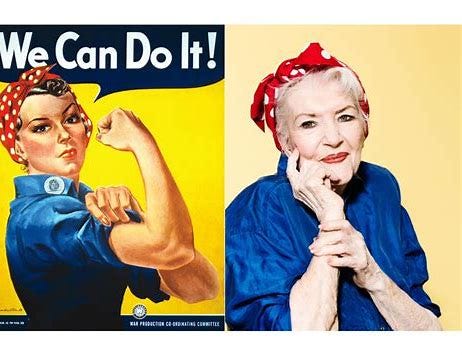

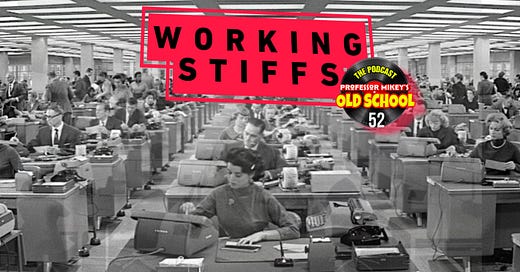



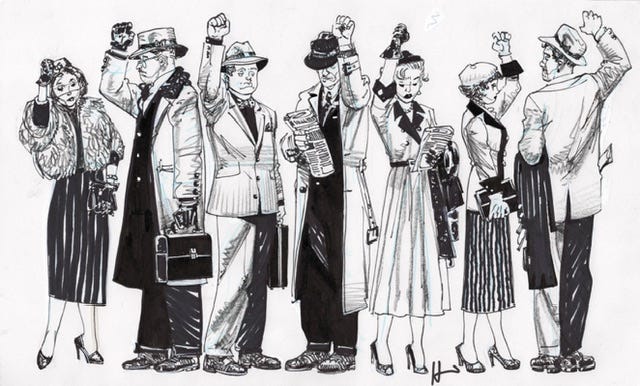
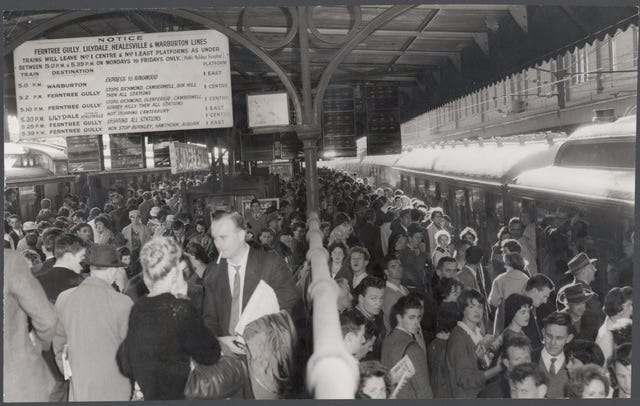
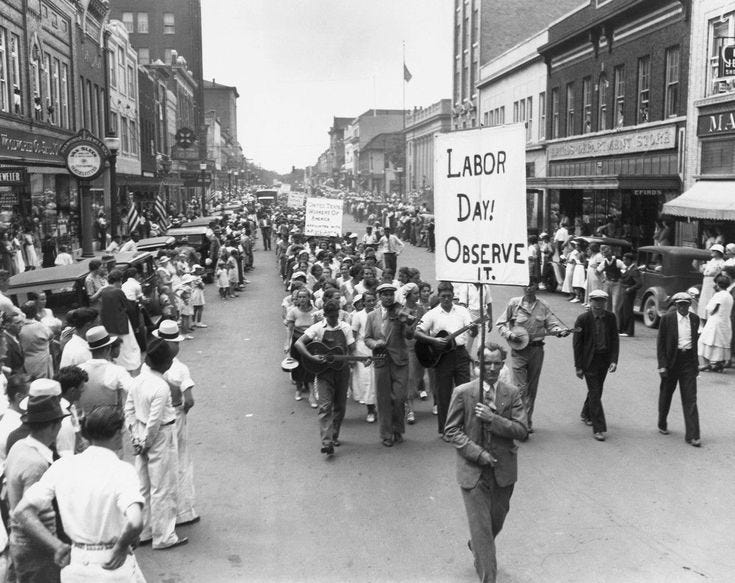
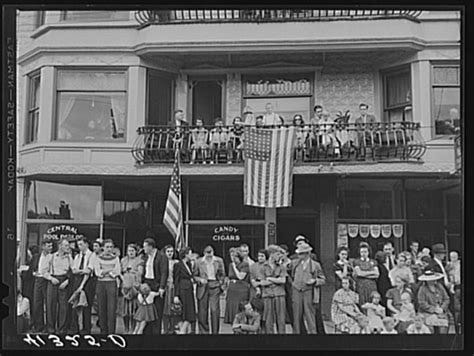
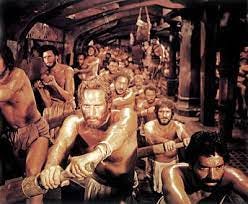
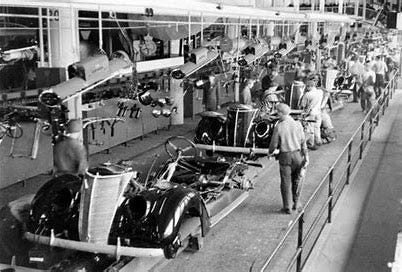
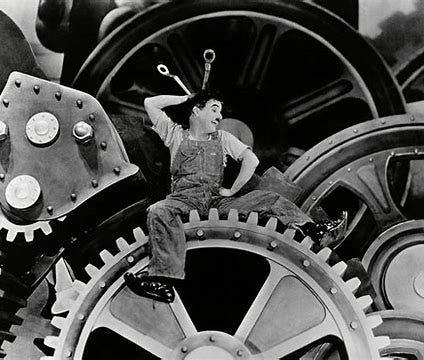
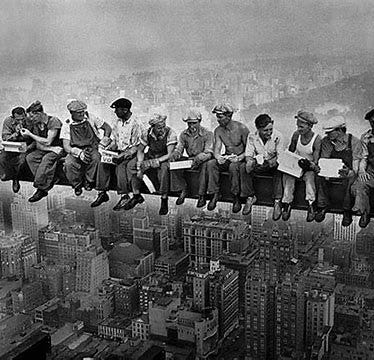
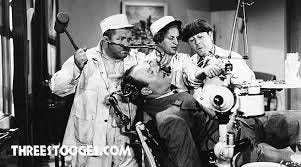
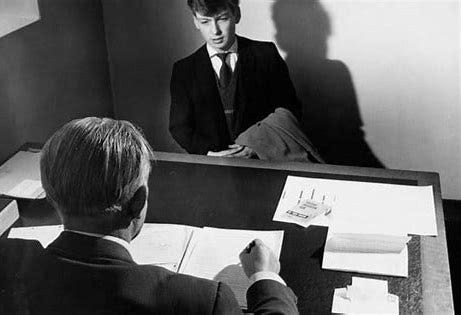
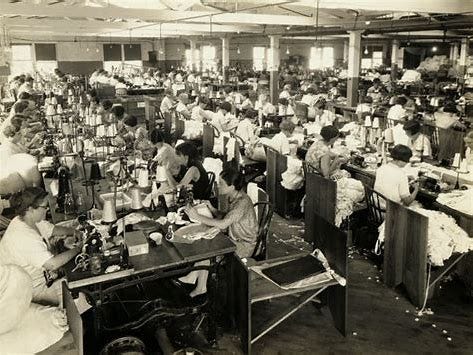
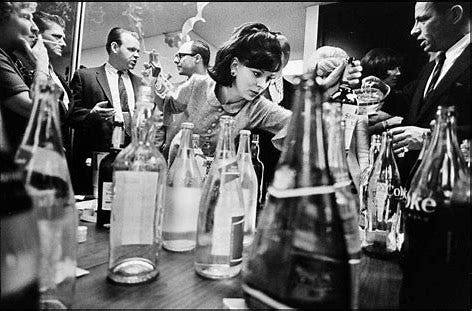
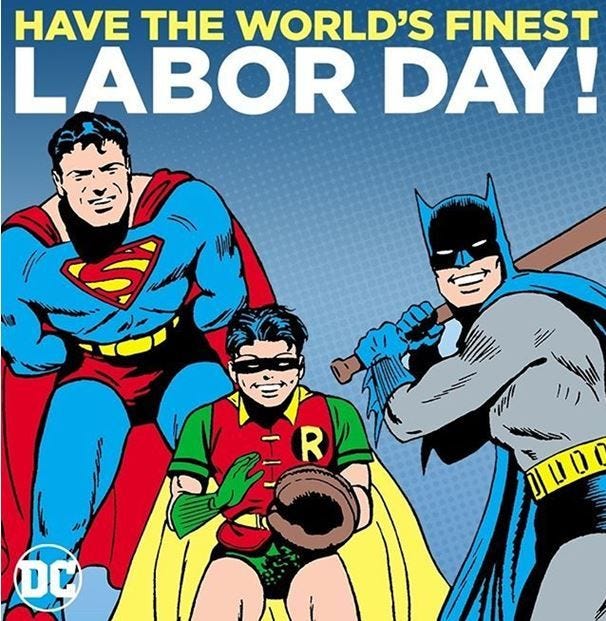




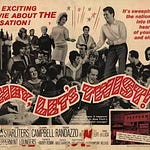

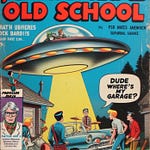

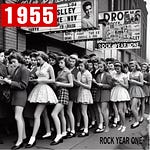
Share this post